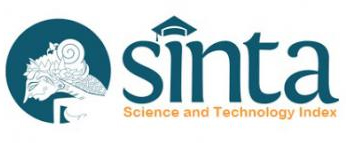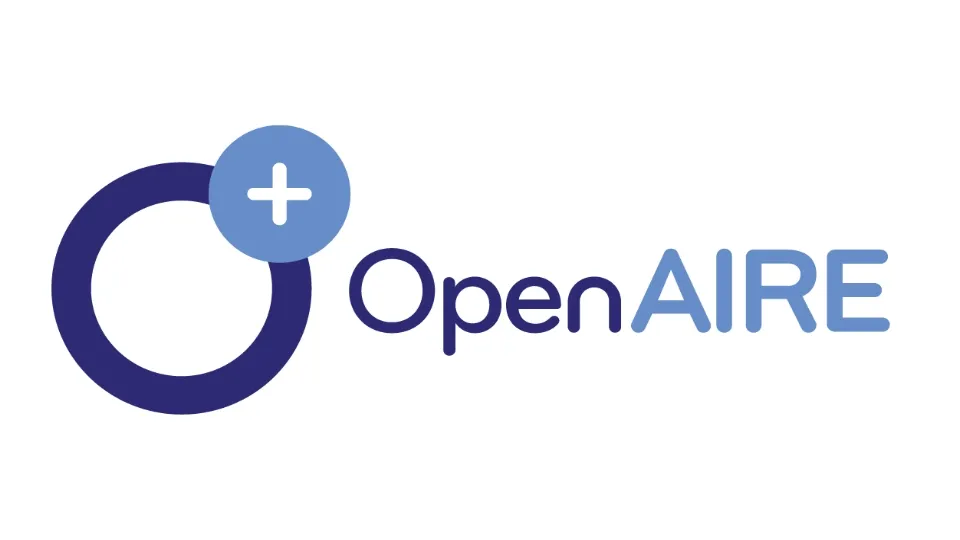Filosofi Informasi Dalam Pemberdayaan Layanan Perpustakaan
DOI:
https://doi.org/10.21154/pustakaloka.v6i1.89Abstract
Abstract: The existence of the library indicates information services. The service shows two interrelated variables: the provider on the one hand and consumers on the other. Because of relation between service provider and customer satisfaction, then the service should be increased from time to time. Library services also needs to be improved. Increased library services must be appropriated by it’s responsibility to support education, teaching, research and community service. There is no doubt, that the library plays an important role in the process of education and teaching. The frst library becomes an intermediary between the users and their information needs. Second, the library can be an information provider on one side and can be consulted for the users in their academic activities. Third, the library can be a teacher who teaches the users the skills and strategies in managing, utilizing, and creating information. The role of the library likes this, is named empowerment of library servicesDownloads
Published
Issue
Section
License
Requirements to be met by the author as follows:
- Author storing copyright and grant the journal right of first publication manuscripts simultaneously with licensed under the Creative Commons Attribution License that allows others to share the work with a statement of the work's authorship and initial publication in this journal.
Authors can enter into the preparation of additional contractual separately for non-exclusive distribution of a rich version of the journal issue (eg: post it to an institutional repository or publish it in a book), with the recognition of initial publication in this journal.
Authors are allowed and encouraged to post their work online (eg, in institutional repositories or on their website) prior to and during the submission process, because it can lead to productive exchanges, as well as citations earlier and more severe than published works. (see The Effect of Open Access).















